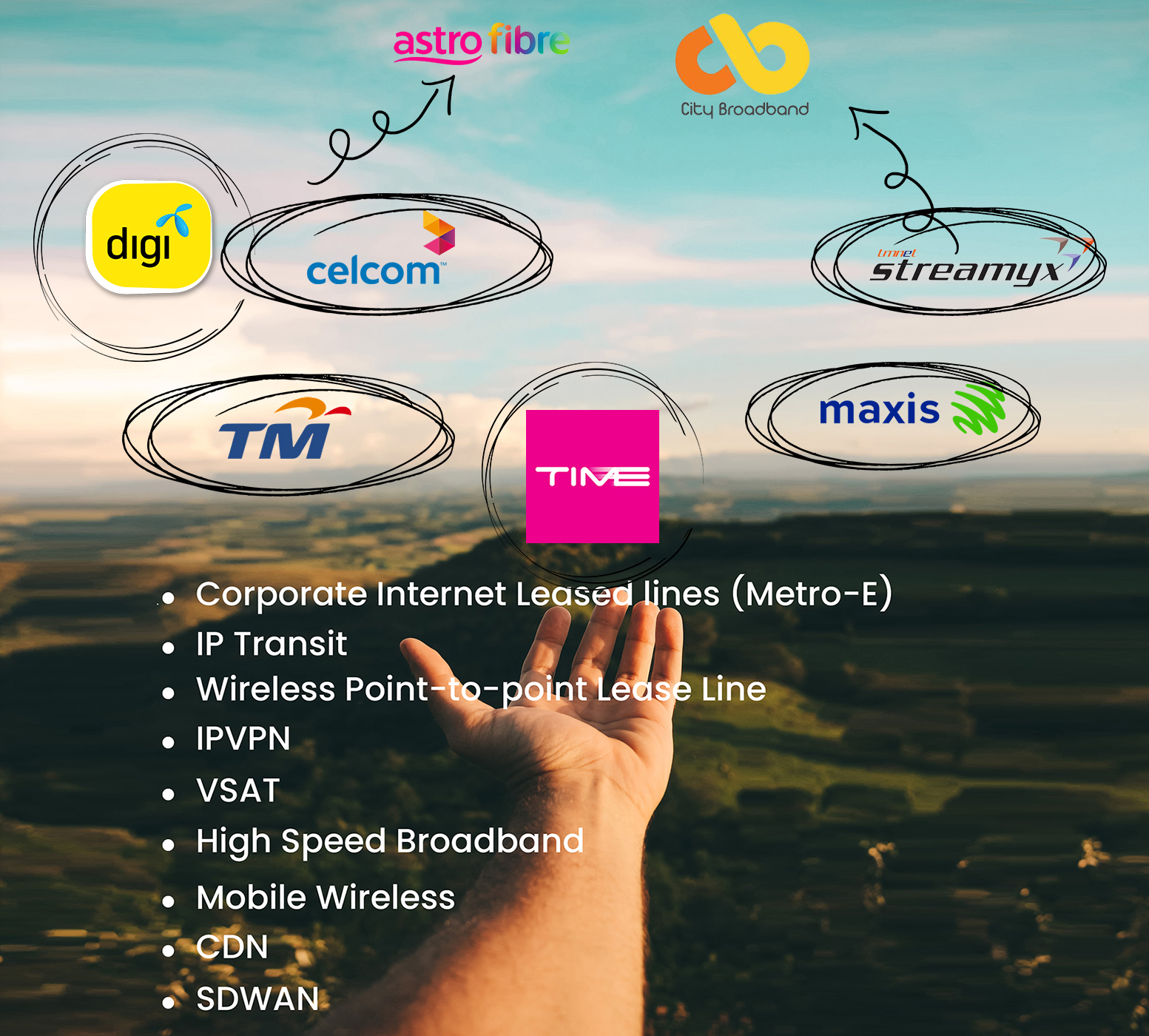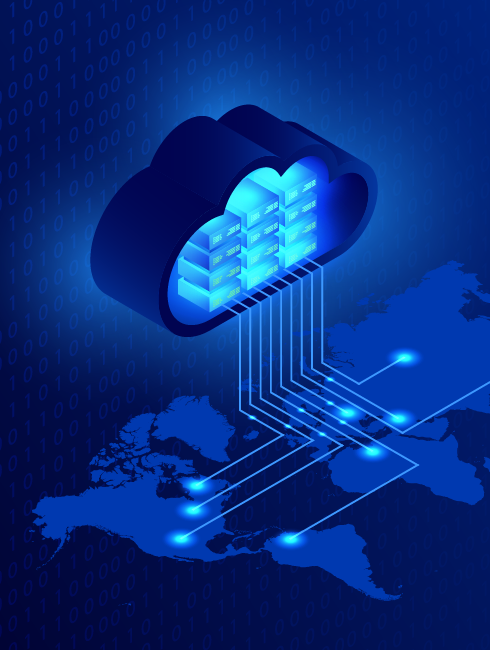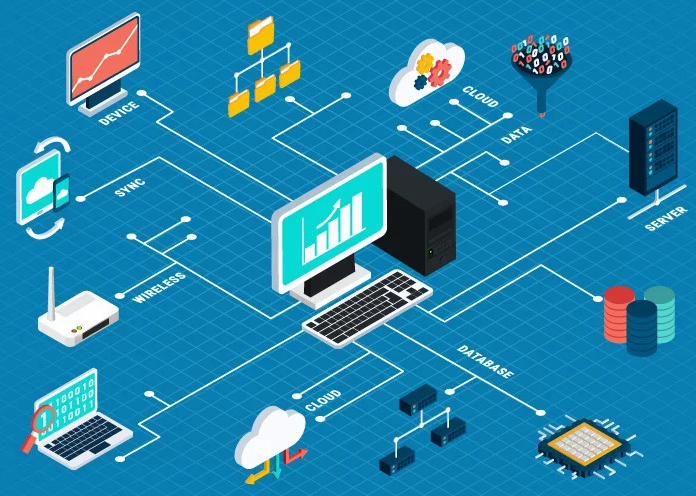
Data Centre Infrastructure
At TREXCOMP TECHNOLOGY, we specialize in delivering high-performance, scalable, and reliable data centre infrastructure solutions. Our services include server and storage virtualization, data protection and backup, network and security solutions, and more. We work closely with our clients to understand their unique needs and develop tailored solutions that meet their objectives. Our team of experienced professionals partners with industry-leading technology vendors to deliver the highest quality solutions and services to help our clients optimize their operations and achieve their goals.
Digital Connectivity
In today’s world, digital connectivity has become essential for businesses and individuals to communicate and collaborate. Digital connectivity solutions refer to a set of technologies and services that enable people to connect with each other over digital networks. These solutions have revolutionized the way businesses operate and have opened up new opportunities for individuals to learn, work, and communicate.
We offer a wide range of benefits to businesses and individuals, including improved communication, increased efficiency, and cost savings. As technology continues to advance, we can expect to see even more innovative digital connectivity solutions emerge in the future.


Cloud Offerings:
Cloud solutions refer to the delivery of computing services over the internet, including storage, processing power, software applications, and other resources. Cloud solutions provide organizations with flexibility, scalability, and cost savings, as they allow businesses to access IT resources on-demand and pay only for what they use.
Cloud solutions offer several benefits to organizations, including:
-
Scalability: Cloud solutions can scale up or down on-demand, allowing organizations to quickly adapt to changing business needs.
-
Cost Savings: Cloud solutions offer cost savings, as organizations only pay for what they use, rather than investing in expensive IT infrastructure.
-
Flexibility: Cloud solutions provide flexibility, as they can be accessed from anywhere with an internet connection.
-
Security: Cloud solutions provide greater security than traditional IT infrastructure, as they are designed to withstand cyber threats.
Cloud solutions have become increasingly popular in recent years, and they are now a standard part of many organizations’ IT infrastructure. By leveraging cloud solutions, organizations can improve their efficiency, productivity, and profitability, while also staying competitive in the digital age.
Managed Services Offerings:
Managed services solutions refer to a set of services offered by third-party providers to manage and maintain an organization’s IT infrastructure, applications, and other technology-related services. These services are typically provided on a subscription basis, and they offer several benefits to businesses, including cost savings, improved efficiency, and enhanced security.
By outsourcing IT management to a third-party provider, organizations can focus on their core business activities, while leaving the IT management to experts. This helps businesses to be more agile and responsive to changing market conditions, as well as improving their overall productivity and profitability.


Cybersecurity & Data Protection
Cybersecurity and data protection are critical aspects of modern-day technology, as digital technology has become an essential part of our daily lives. Cybersecurity refers to the practice of protecting computer systems, networks, and data from digital attacks, theft, and damage. Data protection, on the other hand, is the process of safeguarding data from unauthorized access, disclosure, and loss.
Cybersecurity involves several measures, including:
- Network Security: Network security involves protecting computer networks from unauthorized access, hacking attempts, and other malicious activities. Network security measures include firewalls, intrusion detection systems, and access control mechanisms.
- Endpoint Security: Endpoint security involves protecting individual devices, such as computers, smartphones, and tablets, from cyber threats. Endpoint security measures include antivirus software, encryption, and data backup.
- Application Security: Application security involves protecting software applications from unauthorized access, exploitation, and manipulation. Application security measures include code analysis, testing, and security audits.
Data protection involves several measures, including:
- Encryption: Encryption is the process of converting data into a code or cipher to protect it from unauthorized access. Encryption can be applied to data both in transit and at rest.
- Access Control: Access control involves restricting access to sensitive data to authorized users only. Access control mechanisms include passwords, biometric authentication, and multi-factor authentication.
- Data Backup: Data backup involves creating copies of important data and storing them in a secure location. This ensures that data can be restored in the event of data loss or corruption.
Cybersecurity and data protection are critical for both individuals and businesses. Cyber-attacks can result in financial loss, reputation damage, and legal liabilities. By implementing cybersecurity and data protection measures, individuals and businesses can safeguard their data and protect themselves
